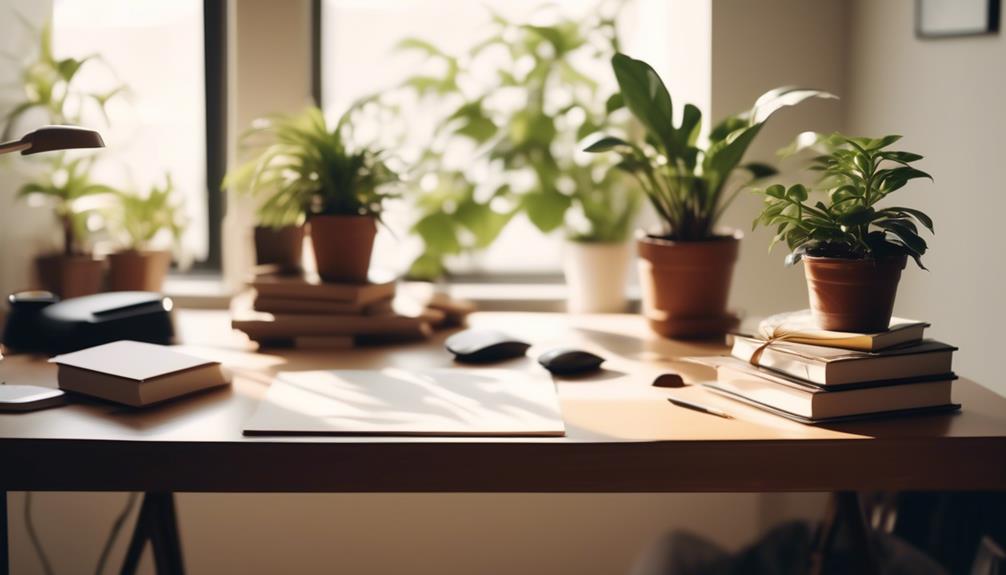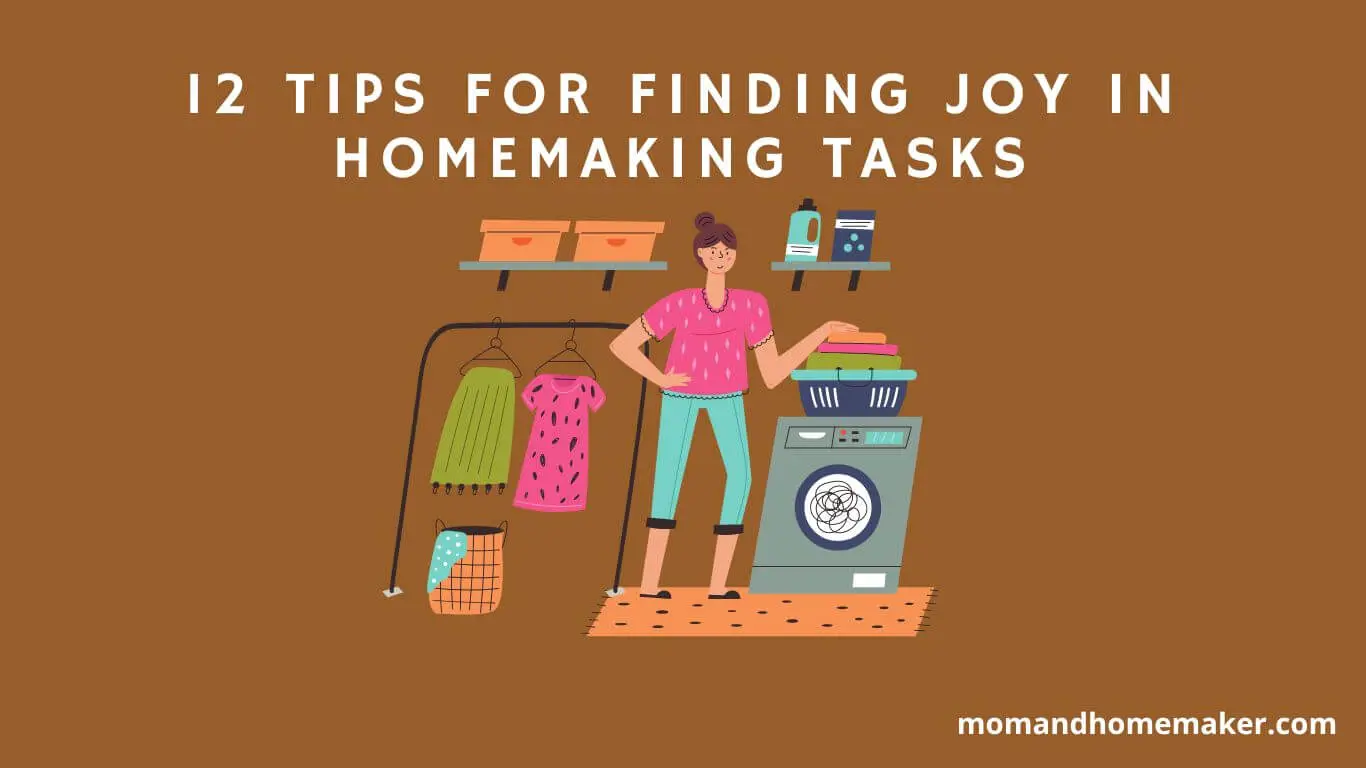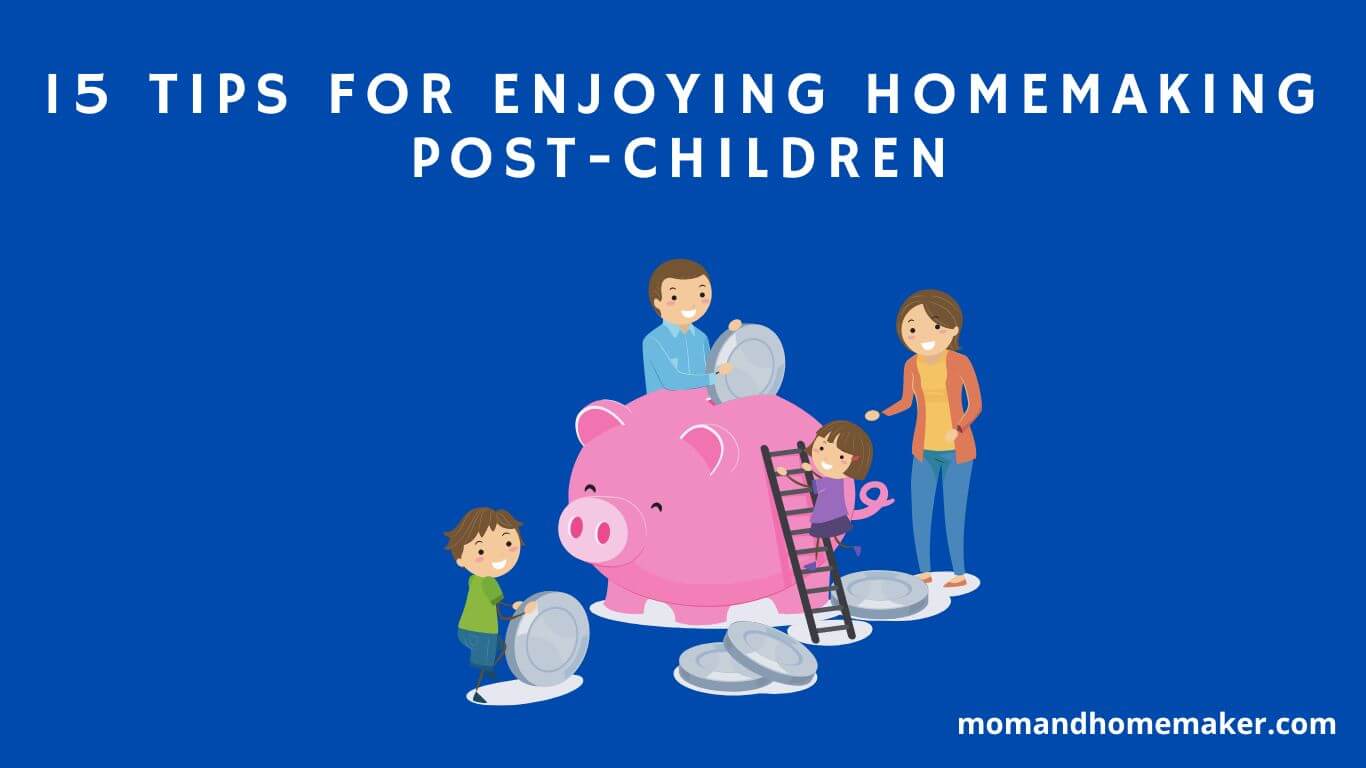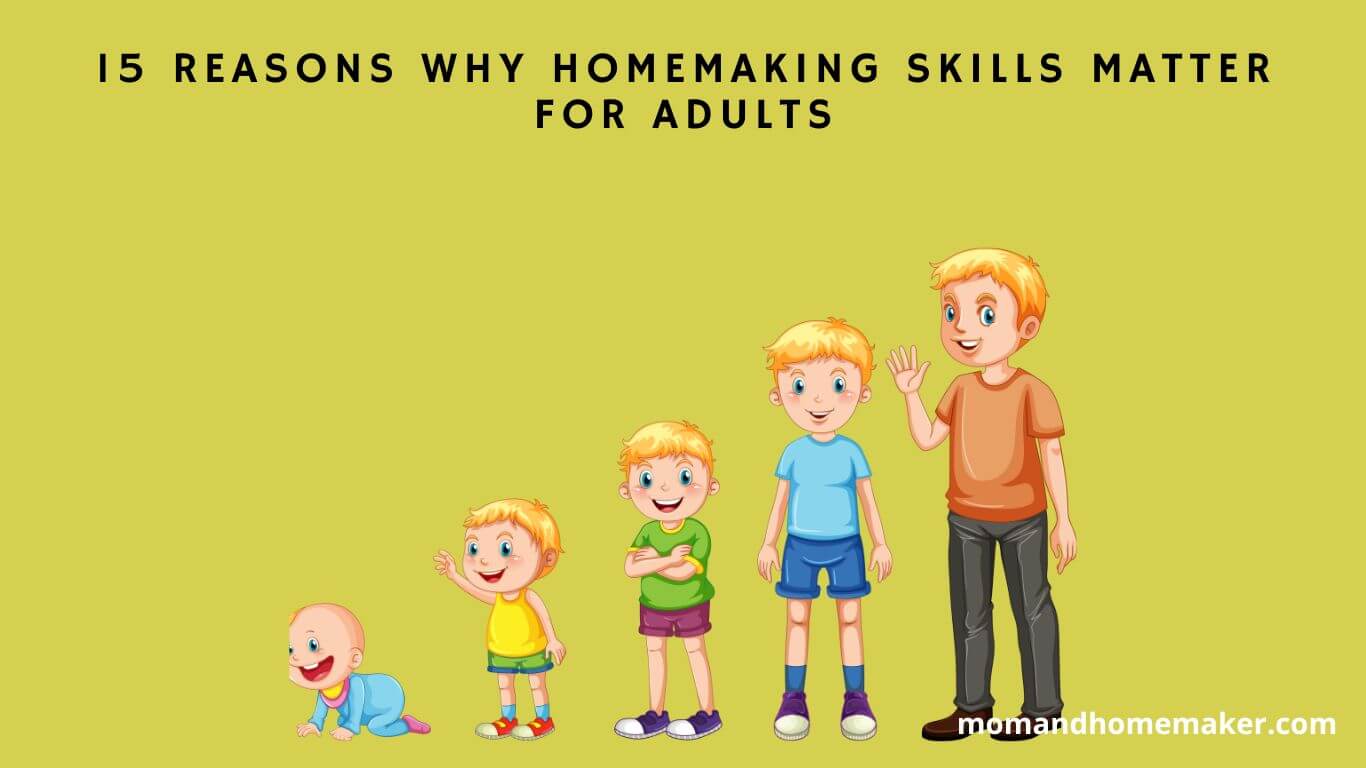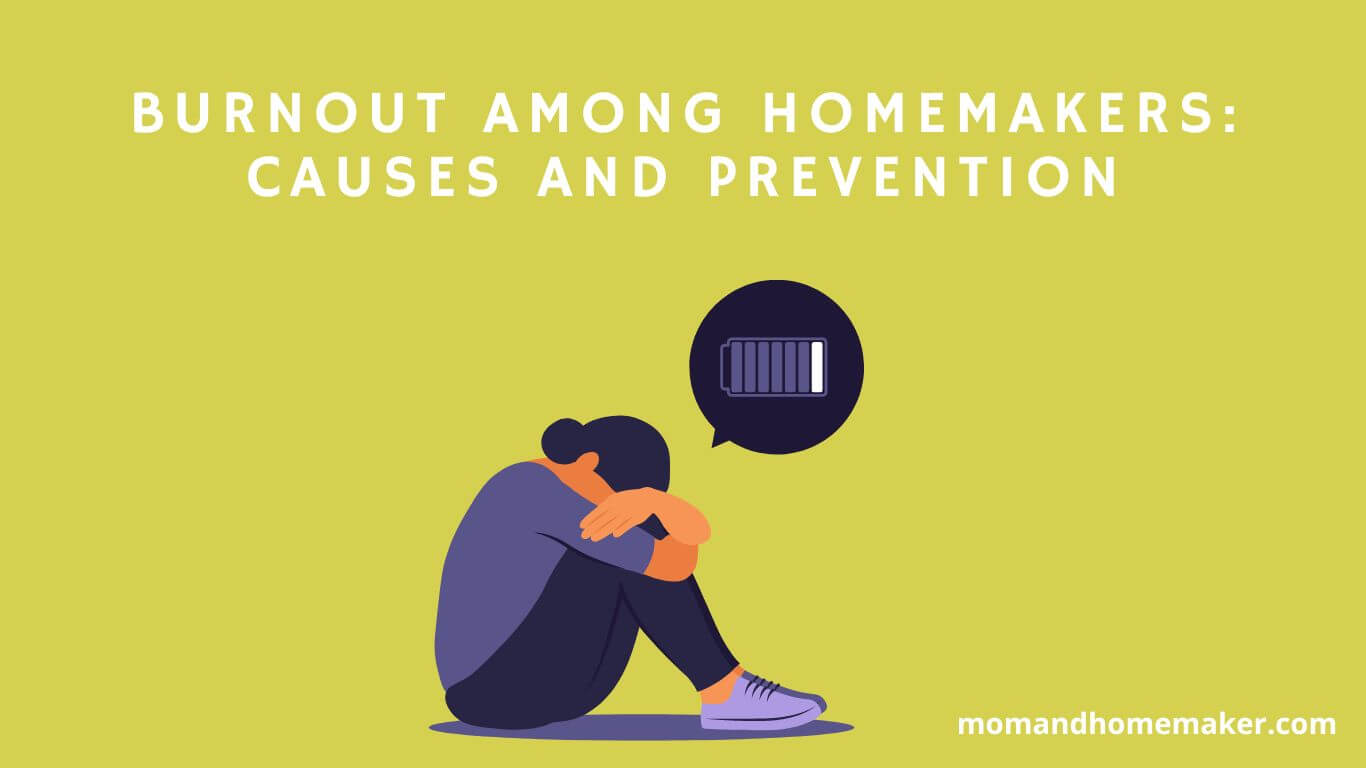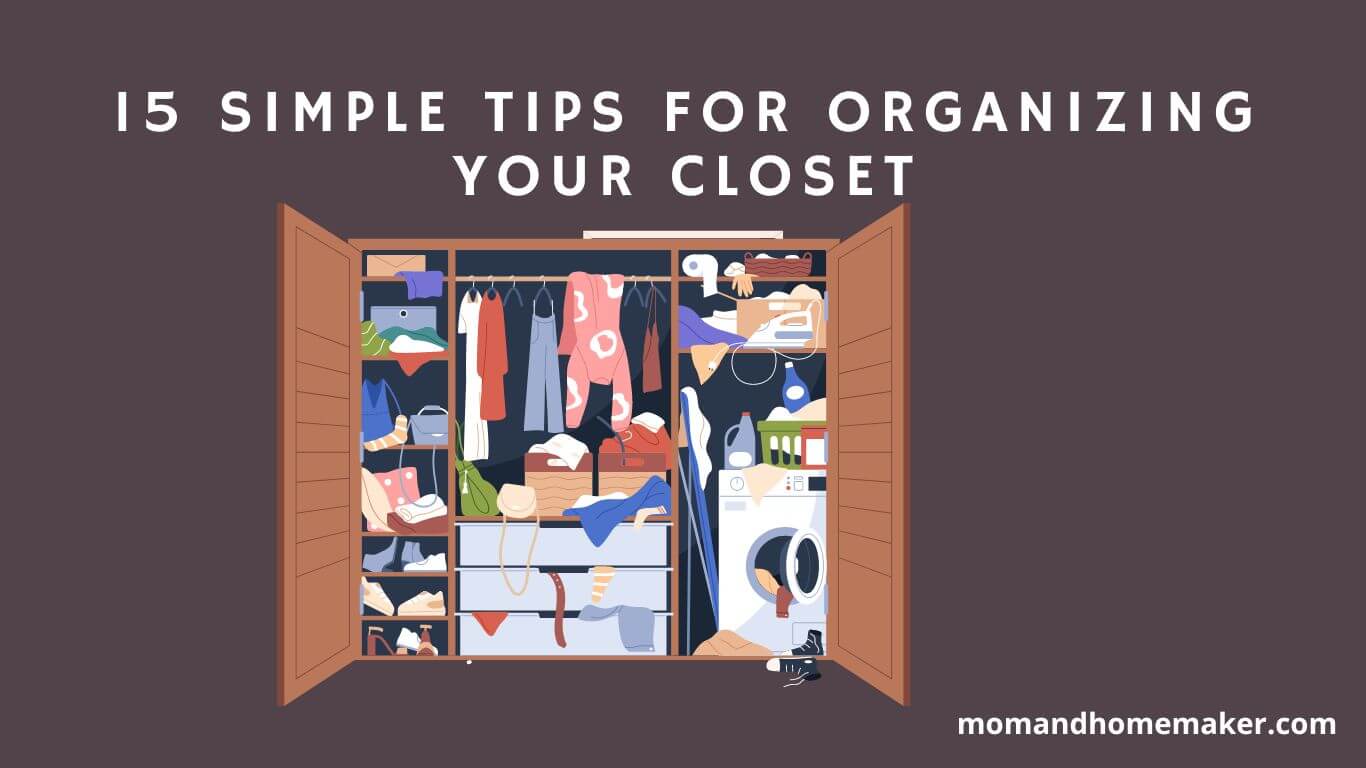If you’ve realized that your home is filled with clutter, it’s time to take action. Those piles of papers, disorganized shelves, and scattered items can be a major source of frustration. It may sound too good to be true, but research has shown that a clutter-free living space can have a significant impact on your mental clarity
In conclusion, decluttering your home can have a profound impact on your focus and concentration. By creating a clutter-free environment, you’ll be able to stay on task, find what you need quickly, and experience a greater sense of mental clarity.
Benefits of a Decluttered Living Space
Having a decluttered living space can greatly improve your overall well-being and quality of life. By embracing minimalism and decluttering your home, you can experience a range of benefits that enhance your sense of belonging and create a space that truly reflects your values and identity.
One of the key benefits of minimalism is reducing stress and anxiety. Cluttered spaces often lead to feelings of overwhelm and can create a sense of chaos in your mind. When you declutter, you create a calm and peaceful environment that promotes relaxation and mental clarity. This allows you to focus on what truly matters, fostering a greater sense of belonging within yourself.
Moreover, a decluttered living space can improve productivity and efficiency. When your environment is organized and free from unnecessary distractions, you can better focus on your tasks and goals. This heightened productivity not only boosts your confidence but also provides a sense of accomplishment and fulfillment, further strengthening your sense of belonging and purpose.
In addition, minimalism promotes better physical health. Removing excess clutter from your home reduces the accumulation of dust and allergens, improving indoor air quality. This can alleviate respiratory issues and allergies, contributing to your overall well-being. Furthermore, a clutter-free space allows for easier movement, reducing the risk of accidents and promoting better physical mobility.
To begin decluttering your living space, start with small, manageable tasks. Set aside dedicated time each day to tackle one area at a time, such as a closet or a drawer. Sort your belongings into categories, keeping only those items that truly bring you joy or have practical use.
Donate or sell the rest, allowing someone else to find value in them. Remember, the goal isn’t to have a minimalist home overnight but to gradually create a space that aligns with your values and provides a sense of belonging.
Importance of Decluttering for Focus
Decluttering your living space isn’t only important for your overall well-being and productivity, but it also plays a crucial role in improving your ability to focus. When you have a clutter-free environment, your mind can easily concentrate on the task at hand, resulting in increased productivity and concentration.
Here are some key reasons why decluttering is important for maintaining focus:
- Reduces distractions: A cluttered space is filled with visual distractions that can easily divert your attention from your work. By decluttering, you create a clean and organized environment that allows your mind to stay focused on the task without unnecessary interruptions.
- Clears mental clutter: Physical clutter often leads to mental clutter. When you have too many possessions in your space, your mind can feel overwhelmed and scattered, making it difficult to concentrate. Decluttering helps alleviate this mental burden, enabling you to think more clearly and stay focused.
- Enhances mental well-being: Decluttering has numerous benefits for your mental health. A tidy space promotes a sense of calm and reduces stress, making it easier to concentrate and stay focused. It also gives you a greater sense of control over your environment, which can boost your self-confidence and motivation.
- Improves productivity: When your living space is clutter-free, you can easily find things and spend less time searching for items. This increases your efficiency and allows you to dedicate more time and energy to your work, ultimately leading to improved productivity and focus.
Incorporating decluttering techniques, such as setting aside regular time for decluttering, organizing your belongings, and letting go of items that no longer serve a purpose, can help you create a focused and conducive environment. By decluttering your living space, you’re creating a space that nurtures your ability to concentrate and excel in your tasks, ultimately leading to a more fulfilling and focused life.
Creating a Clutter-Free Work Environment
To create a clutter-free work environment, prioritize organization and minimalism. A tidy workspace not only improves focus and concentration but also maximizes productivity. By implementing effective decluttering strategies, you can create a space that promotes efficiency and creativity.
Consider the following tips for creating a clutter-free work environment:
Decluttering Strategy: Clearing the Desk
- This creates space for important tasks and reduces visual distractions.
- Remove unnecessary items from your desk.
- Use desk organizers to keep essential items within reach.
Decluttering Strategy: Organizing Digital Files
- This saves time searching for documents and reduces digital clutter.
- Create folders and subfolders to categorize files.
- Regularly delete or archive old files.
Decluttering Strategy: Managing Cables and Wires
- This improves safety and enhances visual appeal.
- Use cable management solutions to keep wires organized and hidden.
- Label cables for easy identification.
Decluttering Strategy: Creating Storage Solutions
- This provides designated spaces for items and reduces clutter on surfaces.
- Invest in storage containers or shelves to keep items off the floor.
- Label and categorize storage containers for easy access.
Implementing these strategies will help you create a clutter-free work environment that promotes efficiency, focus, and creativity.
Room-By-Room Decluttering Tips
Now let’s focus on organizing and decluttering each room in your home. These room-by-room decluttering tips will help you create a productive and organized space that promotes focus and concentration.
- Bedroom: Start by decluttering your bedroom, the place where you begin and end your day. Clear out unnecessary items from your bedside table, dresser, and closet. Keep only the essentials and create a serene environment for relaxation.
- Home Office: A clutter-free workspace is crucial for maximizing productivity. Sort through your desk, drawers, and shelves, getting rid of old papers, broken office supplies, or irrelevant items. Create designated spaces for important documents and supplies to keep your office organized and efficient.
- Kitchen: The kitchen is often the heart of the home, so it’s important to keep it clean and clutter-free. Store small appliances and utensils in cabinets or drawers to clear off countertops. Get rid of expired food and organize your pantry and refrigerator for easy access. A tidy kitchen will make cooking more enjoyable and save you time and energy.
- Living Room: The living room is a space for relaxation and connection. Declutter by removing unnecessary furniture, decor, or electronics that create visual noise. Keep only the items that bring joy or serve a purpose. Create designated storage areas for books, magazines, and remote controls to maintain an organized and inviting space.
Maximizing Storage Solutions
Maximizing storage solutions is a great way to create more space and keep your home organized. To effectively declutter your home, it’s important to utilize every inch efficiently. One often overlooked area is your closet space. By maximizing your closet space, you can create a designated spot for all your belongings, making it easier to find what you need and keep things tidy.
Start by decluttering your closet and getting rid of items you no longer use or need. This will free up valuable space and make it easier to organize your remaining belongings. Once you’ve decluttered, consider using vertical storage solutions. Install shelves or hanging organizers to make the most of your closet’s height. This will allow you to store items like shoes, accessories, and folded clothes in a way that maximizes space.
Another way to maximize storage is by thinking vertically throughout your home. Look for areas where you can install shelves or hooks to store items off the ground. For example, in the kitchen, you can hang pots and pans on a wall-mounted rack, freeing up cabinet space for other items. In the bathroom, install a shower caddy or wall-mounted shelves to store toiletries and keep the countertop clear.
Organizing Digital Clutter
If you’re feeling stressed and disorganized due to digital clutter, it’s time to tackle the task of organizing your virtual spaces. As our reliance on technology increases, it’s easy for digital clutter to accumulate and hinder productivity. But don’t worry! There are effective strategies you can use to regain control over your digital life.
Here are some tips to help you achieve digital organization:
- Sort and categorize your files: Start by creating folders and subfolders to organize your files. Give each folder a clear and specific name, making it easier to locate and retrieve documents when needed. You can also consider using color-coded labels or tags for further organization.
- Delete unnecessary files: Get rid of any files that you no longer need or use. This will free up storage space and make it easier to find the files that matter. Don’t forget to empty your recycle bin or trash folder to fully remove these files from your device.
- Streamline your email: Unsubscribe from newsletters and mailing lists that no longer interest you. Set up filters to automatically sort incoming emails into relevant folders. Create separate folders for important emails, archives, and reference materials. Regularly delete spam and unnecessary emails to keep your inbox clutter-free.
- Organize your bookmarks: Take the time to categorize and arrange your bookmarks. Create folders based on different topics or interests, making it easier to find the websites you frequently visit. Delete any outdated or irrelevant bookmarks to keep your list streamlined.
The Psychology of Clutter and Focus
Understanding the impact of clutter on your focus requires delving into its psychology. Clutter not only affects your physical space but also your mental state. It can lead to feelings of overwhelm, anxiety, and even lowered self-esteem.
On the other hand, a clean and organized environment can have psychological benefits that improve your focus and concentration.
Research has shown that clutter can negatively influence your ability to concentrate and process information. When there’s an excess of stimuli in your surroundings, your brain becomes overwhelmed and struggles to filter out distractions. This constant bombardment of sensory information makes it difficult for you to stay focused on the task at hand.
By decluttering your home, you can create a more peaceful and calming environment. This helps reduce mental clutter and promotes focus and concentration. A clear space allows your mind to process information more effectively and make decisions. It becomes easier to prioritize tasks and stay on track, leading to increased productivity and efficiency.
To improve your focus, try decluttering techniques. Identify areas in your home that cause the most distraction or stress, and focus on one area at a time. Set small achievable goals to stay motivated and avoid overwhelm.
Sort your belongings into categories and decide what to keep, donate, or discard. Remember, the goal is to create a space that supports your focus and concentration.
Maintaining a Clutter-Free Lifestyle
Maintaining a clutter-free lifestyle is key for a clean and organized environment that enhances your focus and concentration. To help you in this pursuit, here are some organizing strategies that will boost your productivity and keep your living space free from clutter:
- Set Clear Goals: Start by defining your goals for yourself and your space. Determine what you want to achieve and how you want your living space to look and feel. This will give you direction and motivate you to maintain a clutter-free environment.
- Establish Daily Habits: Develop daily habits that encourage organization and cleanliness. Dedicate a few minutes each day to tidying up and putting things back where they belong. This will prevent clutter from piling up and make it easier to maintain a clutter-free lifestyle.
- Create Storage Solutions: Invest in storage solutions that suit your needs and help you stay organized. Use storage bins, shelves, and drawers to keep your belongings in order. Labeling your storage containers will make it easier to find items when needed.
- Regularly Declutter: Make decluttering a regular practice. Set aside time each month to assess your belongings and get rid of items that no longer serve a purpose or bring you joy. This will prevent unnecessary accumulation and ensure that your living space remains clutter-free.
Decluttering for Improved Sleep Quality
Decluttering your bedroom can have a big impact on the quality of your sleep. When your space is cluttered, it can create a feeling of chaos and make it hard for you to relax and unwind before bed. By decluttering, you can create a calm and peaceful environment that promotes better sleep.
There are a few key areas to focus on when decluttering for improved sleep quality. Start by clearing off your bedside table. Get rid of any unnecessary items and only keep the essentials within reach. This will help create a sense of order and tranquility in your sleeping space.
Next, tackle your wardrobe. A cluttered closet can cause stress and anxiety, which can make it difficult to wind down at the end of the day. Take some time to go through your clothes and keep only what you truly love and wear regularly. This won’t only make getting dressed in the morning easier, but it will also create a more peaceful atmosphere in your bedroom.
Lastly, consider decluttering your digital space. Our devices can be major sources of distraction, especially before bed. Clear out unnecessary apps, organize your files, and set boundaries around device usage. This can greatly improve your sleep quality.
Streamlining Daily Routines Through Organization
Organizing your daily routines can help make your day more efficient. By streamlining your morning routine and organizing your personal belongings, you can create a sense of order and ease in your daily life. Here are some tips to help you get started:
- Create a morning routine checklist: Start by identifying the essential tasks you need to complete each morning, such as brushing your teeth, getting dressed, and preparing breakfast. Write down these tasks in a checklist format and put it somewhere visible, like on your bathroom mirror or refrigerator. This will help you stay focused and ensure that you don’t forget anything important.
- Plan your outfits in advance: To save time and minimize decision-making in the morning, try planning your outfits for the week ahead. Take some time on the weekend to select and organize your clothes, making sure they’re clean and wrinkle-free. By having your outfits ready to go, you can eliminate the stress of choosing what to wear each day.
- Establish designated spaces for your belongings: Designate specific areas for your personal belongings to help you find them quickly and avoid clutter. Create a spot near your front door for your keys, wallet, and other frequently used items. This will save you time searching for them when you’re in a hurry.
- Use storage solutions to maximize space: Invest in storage solutions that can help you maximize space and keep your belongings organized. Use bins, baskets, or drawer dividers to categorize and store items like accessories, toiletries, and office supplies. This will make it easier to find what you need and maintain a tidy environment.
Decluttering for Enhanced Creativity
To unlock your creative potential, clearing away physical clutter can provide a fresh and inspiring space for new ideas to flourish. Decluttering not only helps you organize your physical surroundings, but it also has a profound impact on enhancing your imagination and promoting mindfulness.
When your space is cluttered, it can be overwhelming and distracting. It may be difficult to focus on your creative pursuits because your mind is constantly pulled in different directions. However, by decluttering your home, you create an environment that fosters clarity and creativity. A clean and organized space allows your mind to relax and wander freely, encouraging new connections and ideas to form.
Moreover, decluttering promotes mindfulness, which is essential for creativity. As you go through your belongings and decide what to keep and what to let go of, you become more aware of your surroundings and your thought processes. This mindfulness helps you tap into your creative potential and fully immerse yourself in the present moment.
In addition, decluttering can also uncover forgotten treasures that can spark your imagination. When you remove the excess and simplify your space, you may stumble upon items that inspire you or remind you of past experiences. These rediscovered objects can act as catalysts for new ideas and creative projects.
Impact of Decluttering on Stress Levels
Decluttering your space can have a significant impact on reducing stress and improving well-being. When your environment is cluttered, it can create chaos and overwhelm, leading to increased stress and anxiety. However, by decluttering, you can create a more peaceful and organized environment, which can positively impact your mood.
The effects of decluttering on mood are undeniable. Removing excess stuff from your surroundings creates a sense of calm and clarity, alleviating stress and promoting a more positive mindset. A clutter-free space allows you to focus on what truly matters, promoting relaxation and a greater sense of well-being.
Decluttering also plays a crucial role in better decision-making. A cluttered physical space can make it challenging to think clearly and make rational choices. By decluttering, you create an organized and streamlined environment that enhances decision-making abilities. With a clearer space, you can think more clearly and make choices that align with your goals and values.
The benefits of decluttering for reducing stress levels include:
- Increased sense of calm and relaxation
- Improved mood and overall well-being
- Enhanced ability to make clear and rational decisions
- Reduced feelings of overwhelm and anxiety
The Connection Between Clutter and Mental Clarity
Decluttering your space can have a significant impact on your mental clarity and ability to think clearly. When your environment is cluttered, it can feel overwhelming and distracting, making it difficult to focus on tasks and process information effectively. On the other hand, having a clean and organized space promotes a sense of calmness and clarity, allowing you to think more clearly and make better decisions.
Research has shown that decluttering has several benefits for your mental health. For example, a study conducted by the Personality and Social Psychology Bulletin found that individuals with tidy and organized homes experienced lower levels of stress and higher levels of life satisfaction compared to those with cluttered living spaces.
Another study published in the Journal of Neuroscience revealed that visual clutter can overwhelm the brain and impair its ability to process information efficiently, leading to decreased cognitive function.
To better understand the connection between clutter and mental clarity, let’s consider the following table:
| Cluttered Space | Organized Space | Mental Clarity |
|---|---|---|
| Overwhelming | Calming | Improved |
| Distracting | Focused | Enhanced |
| Stressful | Peaceful | Heightened |
As you can see, decluttering your space creates an environment that is conducive to mental clarity and improved cognitive function. By eliminating visual distractions and creating a sense of order, you can enhance your ability to concentrate, think creatively, and problem-solve effectively. So take the time to declutter your space and enjoy the mental clarity that comes with it.
Decluttering for Increased Productivity
Removing clutter from your space has a direct impact on your productivity. When you declutter, you create an environment that’s optimized for increased efficiency. Not only does decluttering help in creating a clean and organized space, but it also has a profound effect on your ability to focus and make better decisions.
Let’s explore how decluttering can increase your productivity:
- Clear mind: A clutter-free space promotes clarity of thought. By removing distractions, you can concentrate on the task at hand and complete it more efficiently.
- Improved workflow: Decluttering your workspace allows for a smoother workflow. By organizing your materials and tools, you can easily access what you need, saving time and eliminating the frustration of searching for misplaced items.
- Enhanced concentration: Clutter can overwhelm your visual senses and divert your attention from your work. By decluttering, you create a visually calming environment that helps you stay focused and concentrate better.
- Boosted motivation: A cluttered space can dampen your motivation and hinder productivity. However, by decluttering, you create a visually appealing and inspiring space that can boost your motivation and drive to accomplish tasks.
Sustaining Focus Through Minimalism
To sustain focus and increase productivity, embrace minimalism in your surroundings. Living a minimalist lifestyle can help you simplify distractions and create a space that promotes concentration and clarity. By intentionally decluttering your home and reducing the number of items you own, you can create a calm and peaceful environment that allows your mind to focus on what truly matters.
A minimalist lifestyle is all about prioritizing the essentials and letting go of the unnecessary. It encourages you to be intentional with your belongings, keeping only the things that bring you joy and serve a purpose. By simplifying your surroundings, you eliminate visual clutter and create a sense of calmness that’s conducive to concentration.
When your environment is free from distractions, it becomes easier to stay focused on the task at hand. With fewer objects competing for your attention, your mind can concentrate on the present moment and the work in front of you. Without the constant visual stimulation of clutter, your ability to concentrate and stay on task improves significantly.
In addition to decluttering your physical space, a minimalist lifestyle also involves simplifying your digital distractions. Take the time to organize your digital files and declutter your devices. Remove unnecessary apps from your phone and computer, unsubscribe from email lists that no longer serve you, and limit your social media usage. By reducing the digital noise, you create a digital environment that supports focus and concentration.
Sustaining focus through minimalism isn’t just about creating a distraction-free environment; it’s also about cultivating a mindset of simplicity and intentionality.
By embracing minimalism in your surroundings, you create a space that supports your desire for belonging and allows you to fully immerse yourself in the present moment.
Conclusion
Declutter your home and witness a remarkable boost in focus and concentration. By eliminating every unnecessary item, you’ll make room for clarity and mental freedom.
Embrace the power of minimalism and witness the transformative impact it can have on your life.
Experience the joy of a decluttered space and let your mind create a masterpiece of productivity.

